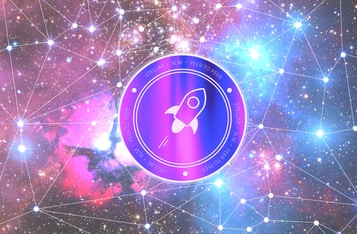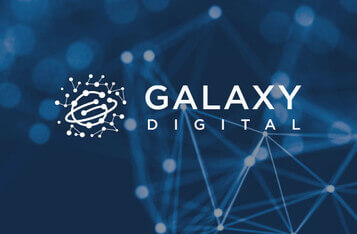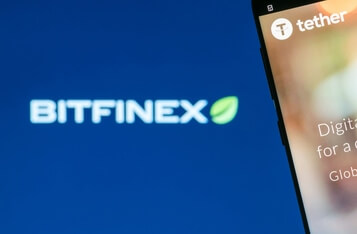DECENTRALIZATION
The separation of powers and duties originally attributed to a central power or entity to a network or group of entities. In terms of blockchain technology, decentralization often results in the removal of the third party intermediary of transactions, such as banks and government bodies, and allows individual transaction participants to deal directly with each other with the help of individual independent validators who are part of the network of users.
How Markets Evolve into Complex Information Systems
Explore the transformation of markets into sophisticated information systems, driven by prediction markets and decentralization, to address the knowledge problem and enhance credibility.
BTFS v4.1 Mainnet Launches with Enhanced Features
BTFS has launched its v4.1 mainnet, introducing new features like enhanced storage retrieval and proxy mode. This update aims to improve decentralization and network accessibility.
Witness Chain and EigenCloud: Advancing Proof of Location Technology
Witness Chain and EigenCloud introduce innovative Proof of Location technology, enhancing security and reliability in decentralized networks by ensuring verifiable geographic claims.
Stellar (XLM)'s Approach to Decentralization: Myths and Realities
Explore the myths of blockchain decentralization and Stellar (XLM)'s unique consensus protocol, offering insights into why more validators don't necessarily mean more security.
EigenAI Empowers Collective Memory's Onchain Verification of 1.6M Photos
Collective Memory leverages EigenAI to ensure verifiable and decentralized AI inference for 1.6 million images, enhancing transparency and trust in its decentralized social network.
VanEck Explores Disruptive Investment Trends in Decentralization and Digitization
VanEck discusses strategies for navigating disruptive investment trends, focusing on decentralization and digitization. The approach aims to leverage macro themes for potential market opportunities.
Decentralized AI Training: Opportunities and Challenges in Modern Architectures
Explore the evolution of decentralized AI training, including its architectures, challenges, and opportunities, as reported by Galaxy Research. Discover how decentralized networks are reshaping AI development.
Bitcoin's Role in Enhancing Election Integrity with Blockchain Technology
Screven County in Georgia leads the way in securing election results using Bitcoin's blockchain, showcasing the potential for decentralized, tamper-proof election verification.
DePIN: Revolutionizing User-Owned Decentralized Infrastructure
DePIN is transforming global infrastructure with decentralized, user-owned networks in wireless, mapping, and GPU computing. Experts discuss its impact on accessibility and real-world applications.
Decentralization and AI: Exploring the Trust Layer in Emerging Technologies
The convergence of decentralization and AI is creating new opportunities and challenges in technology, focusing on trust and privacy issues, as discussed by industry leaders from various tech networks.







